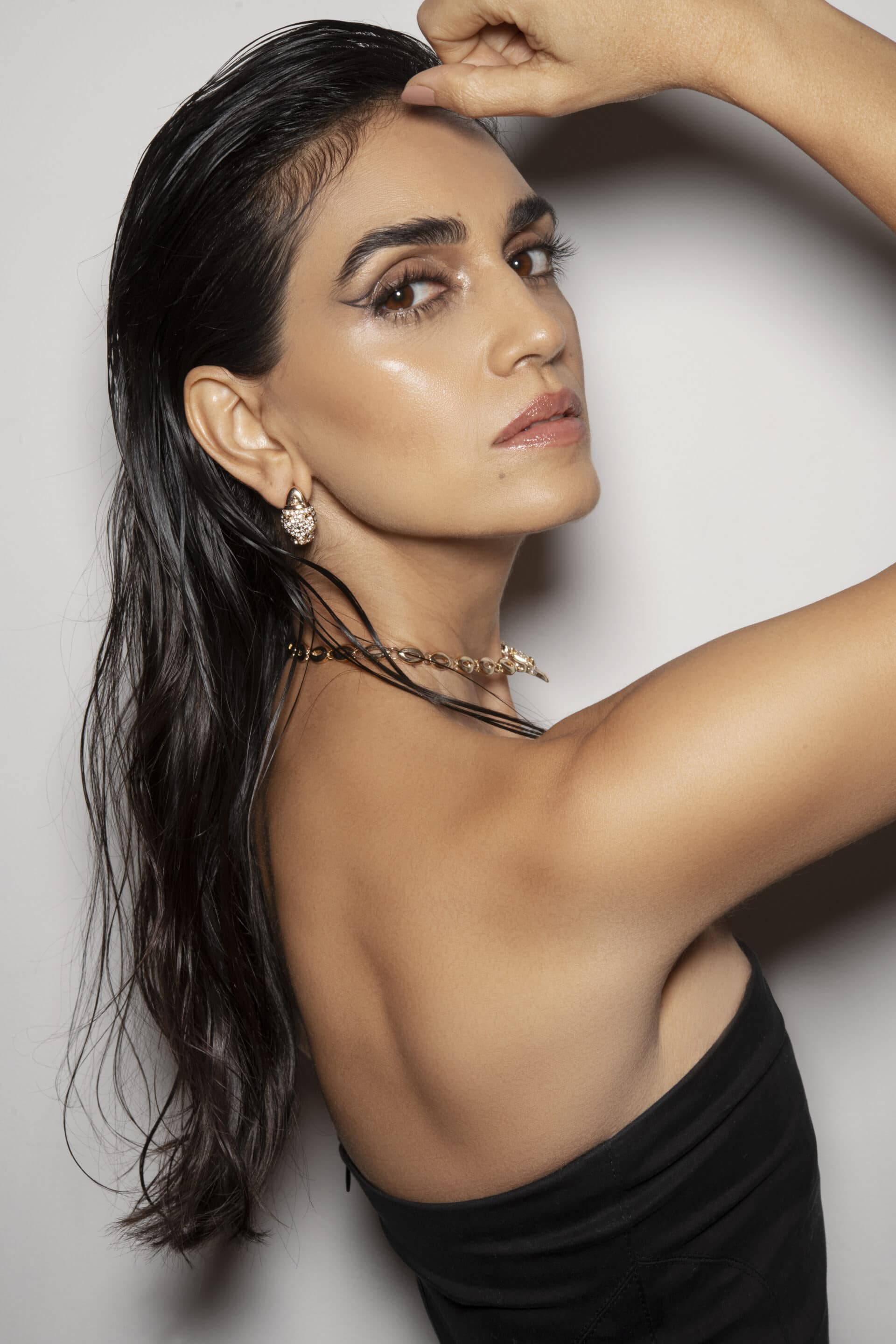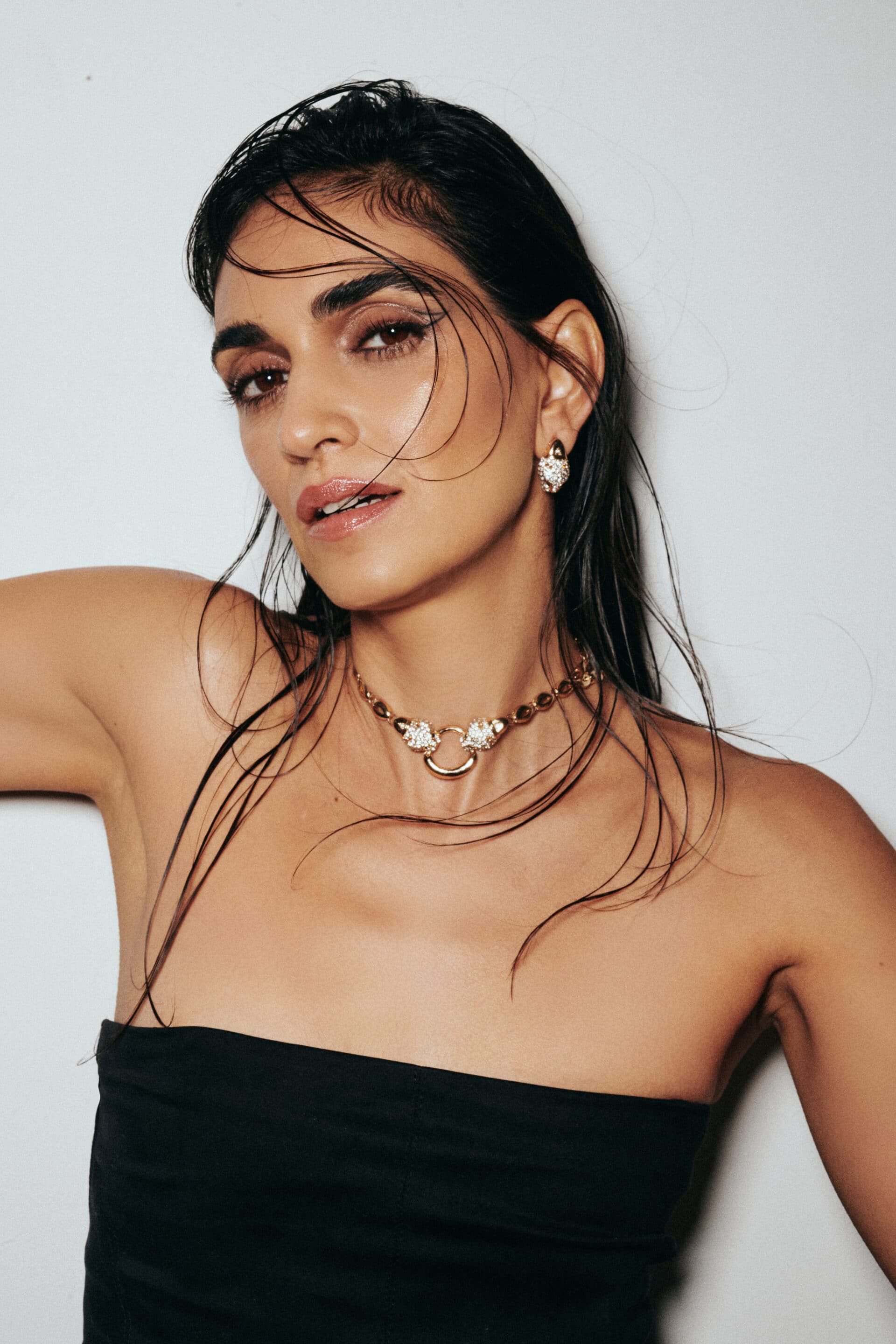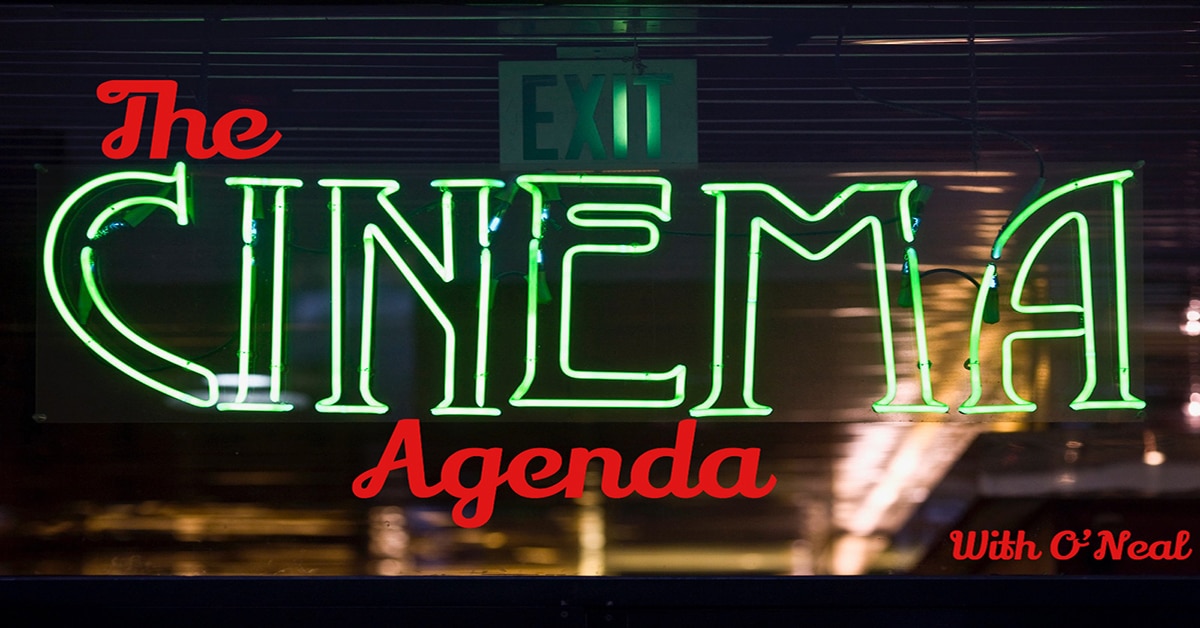Isreali-Persian Singer Liraz has a revolutionary story to tell and we are honored to be able to share it. Her shimmering electro-pop vibe meets the pulsing dance rhythms and retro Persian sonics. Her latest record is a tribute to her rich heritage and roots and includes clandestine collaborations with Iran-based musicians and composers.
Ever since she was little, she had an insatiable thirst for her heritage both from a human and musical standpoint.
“There was a point when I was growing up where I would ask myself ‘who am I?’ Because despite the fact that I was born in Israel I felt deeply Iranian as both of my parents moved to Israel from Tehran when they were teenagers. So I was looking for my own identity, my own place.”
Although Liraz was raised in Israel, she’s always believed that “my culture is Iranian.” The real revelation came when she moved to the US for three years to work as an actress, appearing in several big-budget movies, including A Late Quartet and Fair Game. In Los Angeles she found a huge Iranian community.
By the time she moved her first steps as an actress her first album was already out. While in LA she found out that“there are a million Iranians, so many I started to call them Tehrangeles. Suddenly I felt I belonged somewhere besides Israel.

I heard this music from before the revolution and I started to collect it. Some was by women who didn’t stop singing after the revolution, as they were supposed to do. They left Iran so they could continue and I heard the courage in their voices. That made me realise I didn’t want to act, I wanted to sing.”
That’s when Liraz finally came to terms with her rich Iranian heritage and started digging deep.
“I fell in love with the old Iranian music heroes and especially with female singers in the 70s. They had such a sasy layer to their vocals and carried a very different attitude.”
“I soon realized I could learn so much from my own grandmothers who were engaged when they were 11 and 12 and married at 15. They both had many children, but they had so much passion for life. I grew up with so many crazy stories about these women. My mother broke down the walls around women. So did my aunt. I have watched them since I was a child. They fought for their freedom, and I’m fighting for mine, telling the stories about them in my songs.”


“I sing because of these women, to them, for them,” Liraz explains.
As she tells us, her grandmothers were never allowed to sing as Iran is very strict about every aspect of women’s life so this record is a tribute to them and to all the women in her family.
The record is called Zan (“Women” in Farsi)
She’s turned it into something dangerous and even more beautiful than before. For her second album, Zan (“Women” in Farsi), the Israeli-Persian singer collaborated online with composers and musicians from Iran.
Everything had to be secretive to avoid the gaze of Tehran’s mullahs and secret police. The result is her private revolution, songs with a true message, music to make people dance and smile – and above all, think.
“At first the idea seemed like a fantasy,” Liraz says, “But I had a lot of luck. Some people in Iran had found Naz and got in touch online. Musicians sent me videos; some wrote every day. I posted questions, asking about different players and instruments. Over a year and a half, the songs for Zan took shape. Some were scared, since contributing to a creative project like this was against the law and asked me not to use their names.”


One of those anonymous players, a female percussionist based in Tehran, features on the opening track, “Zan Bezan,” (in English “Women, Sing”) alongside Liraz’s Israeli band. It’s an insistent, catchy piece of electro-pop with heavy musical nods to Iranian pop stars of the 1970s like Googoosh; the message of female empowerment, however, is absolutely contemporary.
Another secret Iranian collaborator worked on the powerful earworm that’s “Joon Joon,” where the dance beats erupt straight from a 1970s Tehran disco, while the big chorus implants itself in the brain and refuses to leave.
“A lot of times I think that my story isn’t really about me. I feel like I must tell the story of mother, grandmother and all the Iranian ladies and men who are not allowed to tell their own story themselves.”





